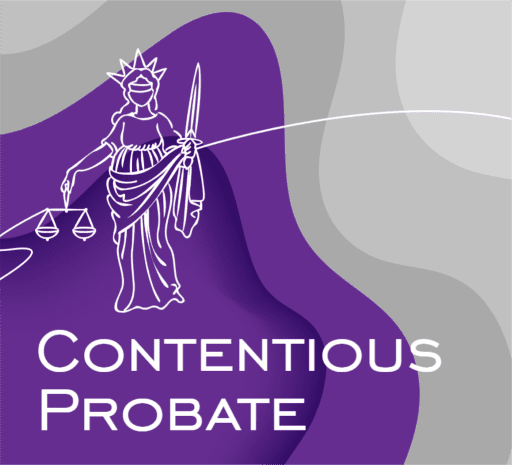An executor is a person responsible for the administering of the property, possessions, and money of a deceased individual. He is appointed through a will written by the deceased individual prior to his death.
The responsibilities of an executor include:
- Arranging for the funeral
- Making sure all the wishes of the deceased are respected
- Administering and distributing the assets and money of the deceased
- Paying off taxes due to the deceased individual and clearing any of his remaining debts
In order to gain access to the deceased individual’s property, the executor must apply to the Probate Registry for a grant of probate. A grant of probate is a document that grants the executor legal authority to deal with the assets, property, and bank accounts of the deceased individual.
Fulfilling the role of an executor is a weighty responsibility. So, it is best for the writer of a will to consult the particular individual before appointing him as executor.
The law, however, does not require the writer of a will to do so. Therefore, many appoint an executor without even consulting them. It is only after the person’s death the individual comes to know that he is the executor.
Sometimes, the individual may not want to take up the responsibility of the executor. In such a case, he can send a legal document to the probate registry and exempt himself from the role, provided he has not intermeddled with the assets of the deceased. Arranging for the funeral or moving the assets for safety reasons do not count as intermeddling.
In other cases, the beneficiaries of the will or the kin of the deceased may not want a particular individual to serve as executor. That leads to our big question.
On what grounds can you remove an executor?
If the executor is failing to respect the wishes of the deceased or is being dishonest in some way when it comes to administering the assets, the kin of the deceased may want to remove the executor and replace him with a suitable person for the role.
But before taking such an action, it must be remembered that the executor had been appointed by the deceased himself. So, he can be removed only on some serious grounds such as if he:
- does not honour the wishes of the deceased because of a conflict of interest
- is seriously incompetent, perhaps because of a physical or mental disability
- severely mismanages the property and possessions
- is dishonest in his dealing of the assets
- uses the assets or money for personal expenses or to make inappropriate purchases
- fails to provide accounting records
- does not comply with court orders
- is convicted of a crime
As the aforementioned points suggest, an executor can be removed only when there is clear and compelling evidence of misconduct with regard to financial matters. It must be something that is seriously affecting the administration of the assets or the welfare of the kin and other beneficiaries.
An executor CANNOT be removed for petty or trivial reasons such as
- Strained relations with the kin of the deceased
- Delay in settling accounts or distributing assets
The above reasons do not make an executor unsuitable for the role. Hence, the court would not accept them as valid reasons for removing an executor.
But if there is a serious ground for removing an executor, then you must know the right procedure to do so.
How can an executor be removed?
You can remove an executor by making an application to the court. But in order to make things less complicated, it is best to try and resolve the issue without going to court. How can you do so?
First, write a letter to the executor stating specifically all your concerns and requesting for the accounting records. If he does not comply, then you can send him a formal notice in the form of a citation from the Probate Registry.
The purpose of the citation is to formally request the executor to renounce his entitlement and to inform him that if he does not comply, the court would take action and transfer the grant of probate to another suitable person. Before preparing the citation, please refer to THE NON-CONTENTIOUS PROBATE RULES 1987 to make sure the citation is legal and valid.
If the executor does not change his mind even after receiving the citation, then you can make an application to the court under the CIVIL PROCEDURE RULES 57.13 to remove the executor.
Along with the application, you must provide the following documents to the court
- A certified sealed copy of the grant of probate
- Witness statement about why you want to remove the executor
- Witness statement about who should replace the executor and why
While considering the case, the court’s priority will be to respect the wishes of the deceased. The deceased wanted that individual to serve as executor. Hence, the court will look for serious grounds for removing the executor and only then take action.
The court will mainly look for the following three grounds
- The executor is guilty of a crime or is serving a prison sentence
- He is incapable of serving as executor because of physical or mental disabilities
- There is clear evidence that he is unsuitable for the role e.g. dishonesty
After carefully considering the case to its satisfaction, the court can remove and substitute the executor under the ADMINISTRATION OF JUSTICE ACT 1985. To avoid further dispute, the court may appoint a professional executor.
For more detailed information on drafting and executing a Will, book your obligation-free initial consultation with Aristone Solicitors today.


